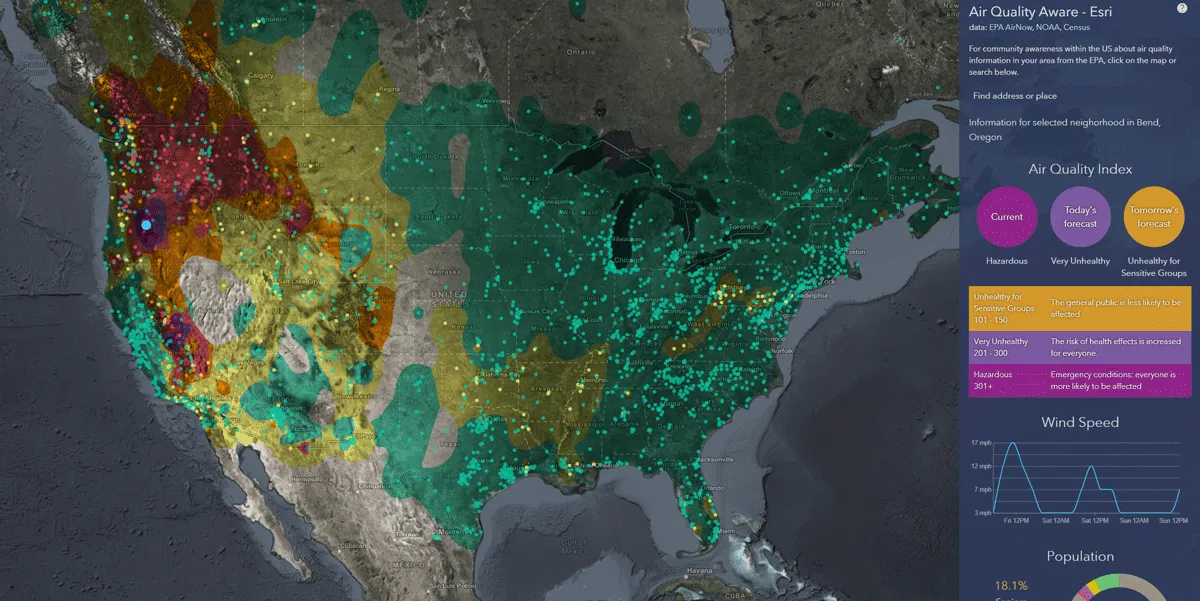The Mineta National Transit Research Consortium has released a peer-reviewed research report, What Do Americans Think about Federal Tax Options to Support Public Transit, Highways, and Local Streets and Roads? Results from Year 3 of a National Survey. that summarises the results of a national random-digit-dial public opinion poll that asked 1,519 respondents if they would support various tax options for raising federal transportation revenues. Special focus was placed on understanding what would motivate pe
June 22, 2012
Read time: 2 mins
RSSThe 6002 Mineta National Transit Research Consortium has released a peer-reviewed research report, What Do Americans Think about Federal Tax Options to Support Public Transit, Highways, and Local Streets and Roads? Results from Year 3 of a National Survey. that summarises the results of a national random-digit-dial public opinion poll that asked 1,519 respondents if they would support various tax options for raising federal transportation revenues. Special focus was placed on understanding what would motivate people to support increased revenues for public transit.
In addition, the survey collected data on standard socio-demographic factors, travel behaviour (public transit use, annual miles driven, and vehicle fuel efficiency), and attitudinal data about how respondents view the quality of their local transportation system and their priorities for government spending on transportation in their state. All of this information was used to assess support levels for the tax options among different population subgroups.
Because the survey was the third year of a project to assess how public support for federal transportation taxes may change over time, most of the questions were identical to those in the earlier surveys carried out in 2010 (What Do Americans Think about Federal Transportation Tax Options? Results from a National Survey) and 2011 (What Do Americans Think about Federal Transportation Tax Options? Results from Year 2 of a National Survey). This report compares the results of the three surveys to establish how public views may have shifted over the past years.
"Over several decades, the transportation revenues from state and federal fuel taxes have fallen significantly, especially in terms of inflation-adjusted dollars per mile traveled," said Dr. Asha Weinstein Agrawal, one of the report’s authors. "At the same time, the transportation system requires critical and expensive upgrades. This dilemma means that the U.S. must dramatically lower its goals for system preservation and enhancement, or new revenues must be raised. If the latter is to happen, legislators must be convinced that increasing taxes or fees is politically feasible. When legislators decide whether to raise new revenues, they must consider likely public support for – or opposition to – raising different kinds of taxes. This report helps them understand public sentiment."
Free copies of the 88-page report can be downloaded here.
In addition, the survey collected data on standard socio-demographic factors, travel behaviour (public transit use, annual miles driven, and vehicle fuel efficiency), and attitudinal data about how respondents view the quality of their local transportation system and their priorities for government spending on transportation in their state. All of this information was used to assess support levels for the tax options among different population subgroups.
Because the survey was the third year of a project to assess how public support for federal transportation taxes may change over time, most of the questions were identical to those in the earlier surveys carried out in 2010 (What Do Americans Think about Federal Transportation Tax Options? Results from a National Survey) and 2011 (What Do Americans Think about Federal Transportation Tax Options? Results from Year 2 of a National Survey). This report compares the results of the three surveys to establish how public views may have shifted over the past years.
"Over several decades, the transportation revenues from state and federal fuel taxes have fallen significantly, especially in terms of inflation-adjusted dollars per mile traveled," said Dr. Asha Weinstein Agrawal, one of the report’s authors. "At the same time, the transportation system requires critical and expensive upgrades. This dilemma means that the U.S. must dramatically lower its goals for system preservation and enhancement, or new revenues must be raised. If the latter is to happen, legislators must be convinced that increasing taxes or fees is politically feasible. When legislators decide whether to raise new revenues, they must consider likely public support for – or opposition to – raising different kinds of taxes. This report helps them understand public sentiment."
Free copies of the 88-page report can be downloaded here.









